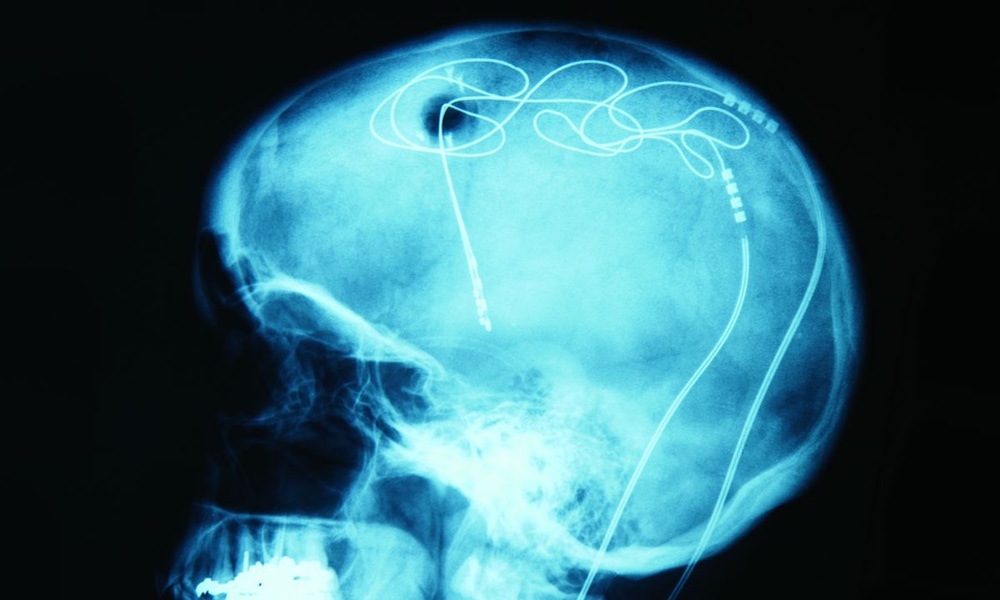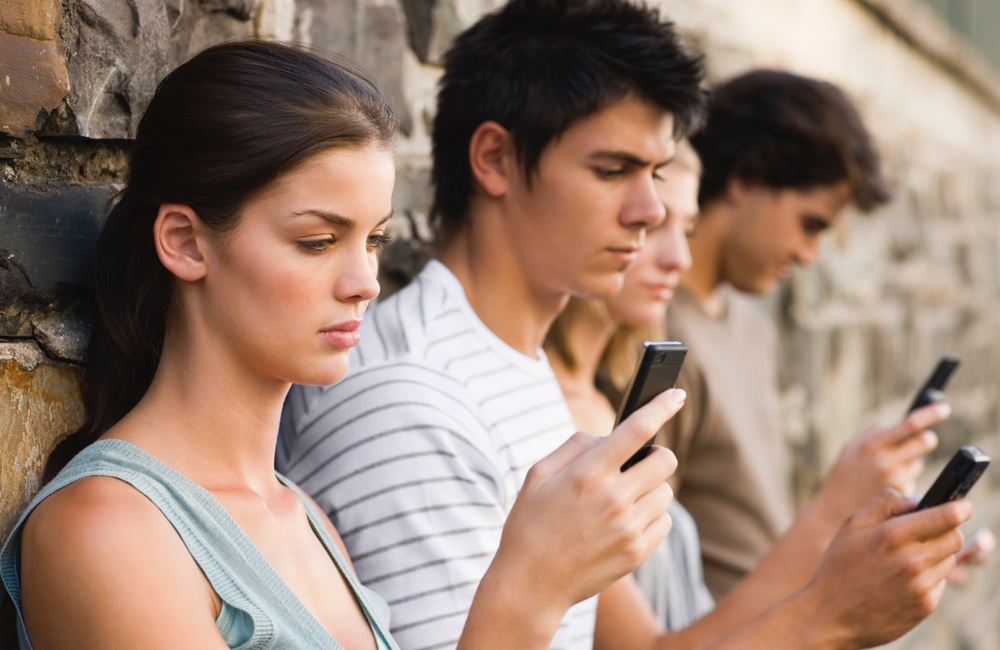A recent study at the University of California, Los Angeles, offers the first direct evidence of the way that sleep helps us remember.
A memory is created when the hippocampus, the part of the brain responsible for learning and memory, has a “dialogue”with the cerebral cortex — the area of our brain known for higher functions such as reasoning and planning. This interaction happens naturally while we sleep, during the period when our brain waves are especially slow and neurons across these brain regions are rapidly firing between synchronized “zaps” and total silence.
The sleep-memory connection has long been accepted, but actual physical proof of what happens during sleep that helps us form memories has been hard to come by.
A unique opportunity to test this idea arose recently at UCLA with epilepsy patients who had had electrodes implanted in their brains as a way to identify the source of their seizures. The memory study team took advantage of the already-implanted electrodes to study the effect of deep brain stimulation on memory over the course of two days and two nights.
Just before bedtime, the patients in the study were shown photo pairings of 25 animals and celebrities featuring easily identifiable stars like Marilyn Monroe and Jack Nicholson. The participants were immediately tested on their ability to remember which celebrity was paired with which animal. They were tested again the following morning after a night of undisturbed ZZZ’s.Deep brain stimulation may one day help patients with memory disorders such as Alzheimer’s consolidate memories.
On the second night, the participants were shown 25 different animal and celebrity pairings. But this time, they received targeted stimulation through the electrodes overnight while they slept. To deliver the stimulation, the researchers created a real-time closed loop system that they likened to a musical conductor. The system "“listened” to the brain’s electrical signals and administered stimulation just when the patients fell into the period of deep sleep associated with memory. The next morning, the participant’s ability to recall the pairings was tested again.
Each participant performed better on memory tests following a night’s sleep with electrical stimulation compared to a night of undisturbed sleep. To further prove the connection, the researchers used a technique that helps to monitor the electrical activity of the brain and which can be used to recognize, examine and compare different states of brain consciousness such as sleep and wakefulness. The electrophysiological markers (EEG) indicated that information was flowing between the hippocampus and throughout the cortex.
The findings also offer clues into how deep brain stimulation may one day help patients with memory disorders such as Alzheimer’s disease.
The study can be found in the journal Nature Neuroscience.





